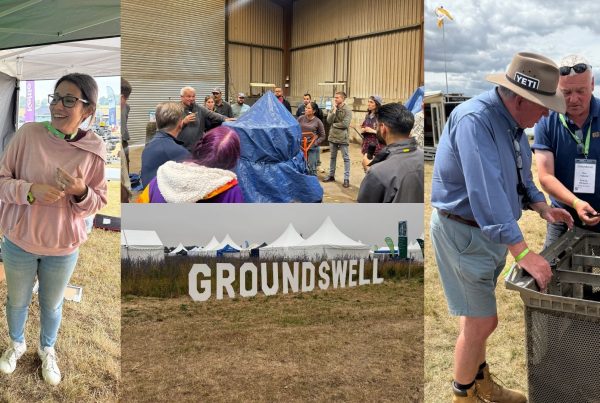The Soil Food Web School’s Science Communicator and self-described, fungi nerd, Dr. Adam Cobb, is honored to have attended Innovations Club 2023, a conference sponsored by the African Cotton Foundation (ACF) and Cotton Made in Africa (CmiA). This year’s event took place in Abidjan, Cote d’Ivoire on May 23rd-25th. The vision was to assemble passionate participants and agricultural experts who are embracing biological soil-management and exploring topics that directly impact cotton farmers across Sub-Saharan Africa.
Both ACF and CmiA collaborate with cotton companies to provide training for agronomy and extension education teams, so they may better serve farmers. Cotton production is important, especially for smallholder farmers in the region who depend on the cash they receive when selling cotton. However, ACF and CmiA strongly recommend multi-cropping systems, and increasingly, have been training farmers in regenerative soil-practices, benefitting whole agroecosystems and local livelihoods.
Adam explains, “ACF and CmiA influence the soil and farm management practices of around 2 million producers across 9 countries in Africa. Many of these farmers are smallholders, who are dependent on cotton as a source of income. Globally, cotton is one of the most chemically-treated crops, but there is growing interest in replacing synthetic chemicals with biological and regenerative soil practices. I hope I inspired the attendees – many of whom are the trainers and supervisors of people who directly assist cotton growers – to develop a vision for agroecosystem management based on a thriving soil food web.”
The ACF’s Managing Director, Belinda Edmonds, described the collaborative spirit of this event, noting, “As there are no set routes for where we hope to go, we are trying to encourage all our participants and partners to innovate – and we believe that in coming together with like-minded and knowledgeable people, we can provide a good environment to share expertise, experiences, and challenges.”
You may have caught Adam in our recent free webinar series, Farming with Fungi, where he dug deeply into mycorrhizal fungi and the future of farming, helping explain how plant and microbial relationships (holobionts) are the foundation for an agricultural system that can sustain humans and the rest of our biosphere. If you missed that webinar series, you can view the replays here.
Adam has many personal ties to countries across Africa. He conducted research in Zambia and Botswana and lived with Kenyan and Malian roommates during his grad school years. Through his involvement with several groups of Mandela Washington Fellows, he follows regional agricultural leaders, like his friend, Usman Ali Lawran, as they build the agricultural capacity of African farmers. If you’d like to hear more from Usman, you can view his presentation from the Soil Food Web School’s 2022 Soil Regen Summit here.
Adam noted, “I believe Africans can meet Africa’s challenges and lead the world to a brighter future for agriculture. I am excited to get to share my knowledge and perspectives on soil regeneration, in a meeting full of African leaders.”
“This opportunity is an inspirational example of networking and community building. A year ago, the Soil Food Web School (SFWS) let me provide a brief, online, outreach presentation to ACF. That started the connection, resulting in this invitation. I hope to facilitate more collaboration between ACF, CmiA, and SFWS in the future, because together, we can help develop human capacities to love soil and partner with microorganisms.”
At Innovations Club 2023, Adam’s various presentations, panel discussions, and the videos he created with Dr. Elaine, focused on an overview of the Soil Food Web Approach, the regenerative mindset (dirt versus soil), and how microorganisms that partner with plants are the keystones of sustainable agroecosystem management. Adam also discussed the benefits and basics for producing biologically-complete composts and liquid amendments and using microscopy to assess the living soil, putting microorganisms at the center of agricultural strategies. Lastly, he demonstrated how diverse and abundant microorganisms can protect crops by inducing plant defenses and competing with, inhibiting, or consuming pathogens and pests.
Though Innovations Club 2023 was a private event, keep your eyes on the Soil Food Web School’s Facebook and Instagram accounts for future developments!





